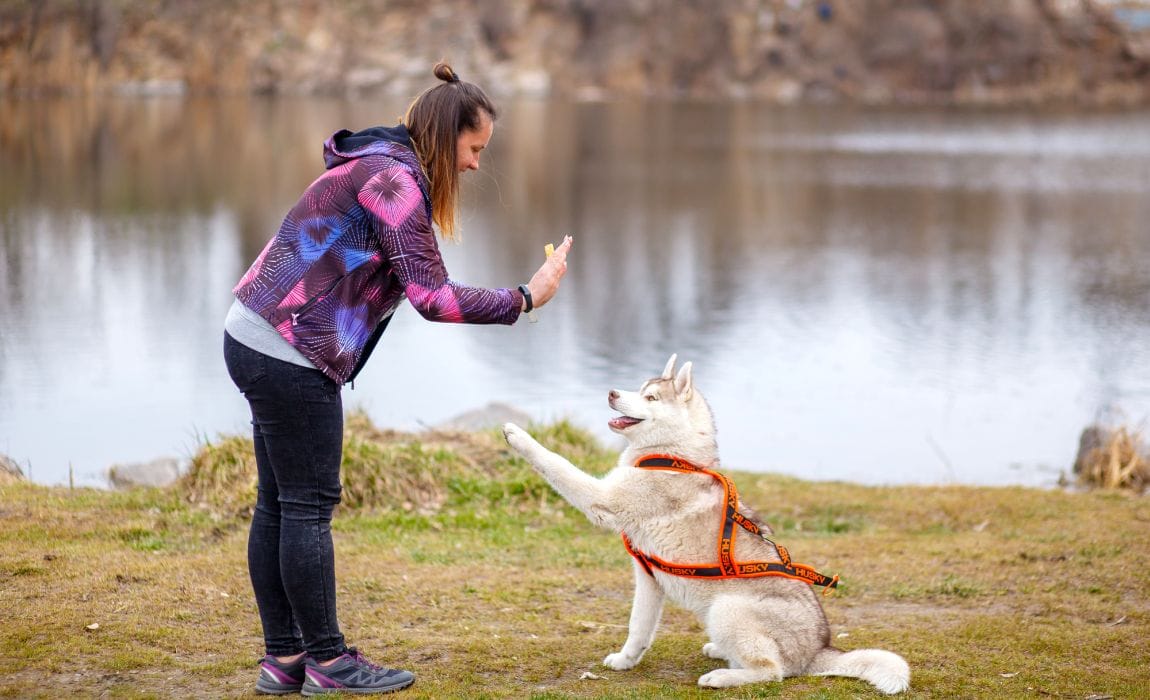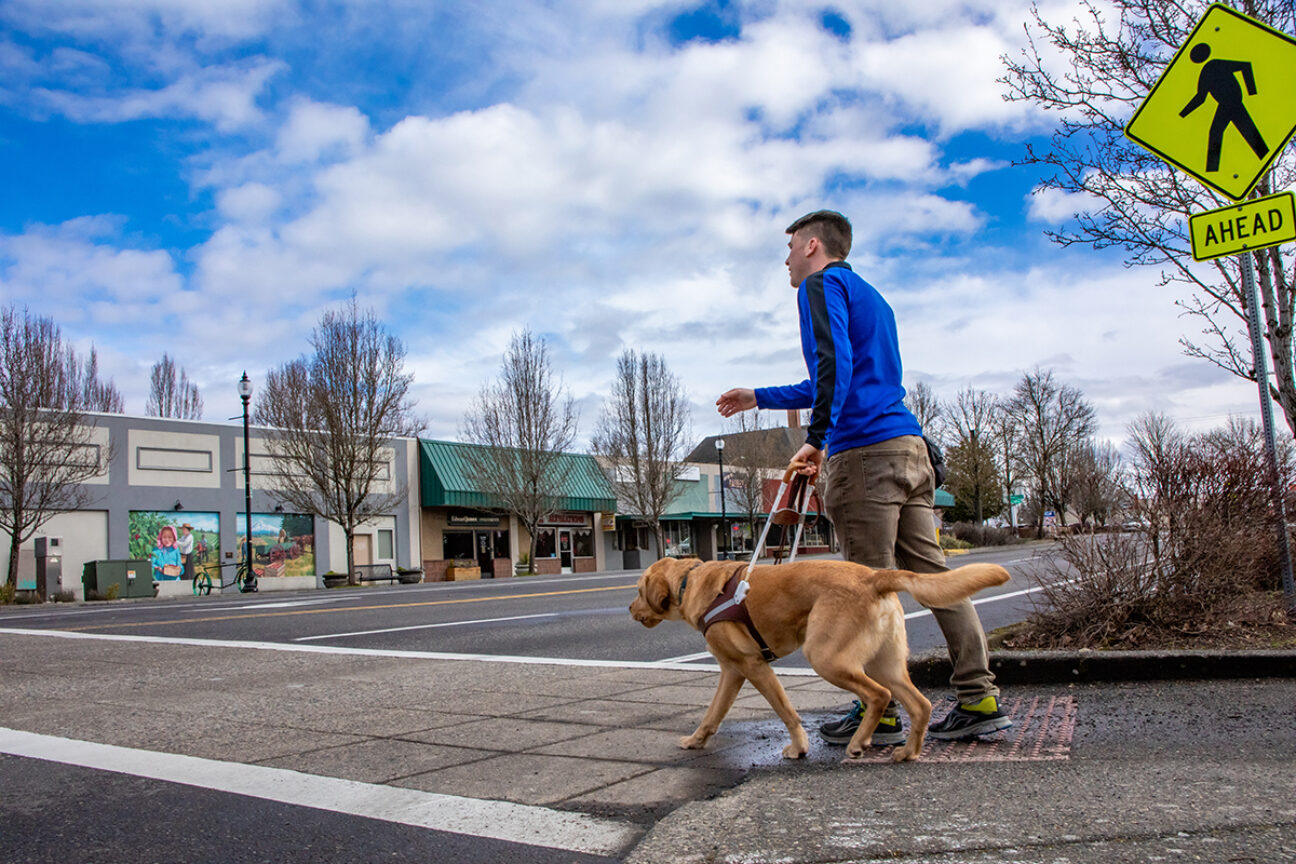Dog Training Rochester NY: Tailored Solutions for Every Dog's Needs
Dog Training Rochester NY: Tailored Solutions for Every Dog's Needs
Blog Article
Transform Your Canine's Behavior With Proven Training Methods
Transforming your canine's actions needs a nuanced understanding of their specific characteristics and demands, as well as the application of tested training techniques. Consistency in your training strategy not only enhances obedience yet additionally fosters a deeper bond of trust fund and regard between you and your pet.

Understanding Canine Actions
Comprehending dog actions is important for reliable training and interaction between humans and their canine buddies. Pets, as social pets, exhibit a range of habits influenced by genetics, environment, and experiences. Acknowledging these behaviors assists proprietors customize their training approaches to satisfy the certain requirements of their dogs.
Key aspects of pet dog behavior consist of body movement, articulations, and social interactions. A wagging tail commonly suggests exhilaration, while a lowered head may signal entry or anxiety. Recognizing these signals can assist owners translate their canine's emotional state and respond appropriately. Additionally, socializing plays a crucial function in forming actions; pets that engage positively with various other animals and different people are typically a lot more well-adjusted and versatile.
Additionally, recognizing anxiety signals-- such as pacing, avoidance, or panting habits-- can stop escalation into a lot more serious problems. Proprietors that are attuned to their pet dog's actions can produce a secure and caring setting, promoting trust and enhancing the training process. Eventually, a deep understanding of canine behavior lays the foundation for an unified relationship and reliable training results, making sure both dogs and their owners grow with each other.
Favorable Support Techniques
Favorable support strategies are commonly acknowledged as one of one of the most effective approaches for training pet dogs, promoting a favorable understanding setting. This method includes satisfying preferred behaviors with treats, appreciation, or play, therefore motivating the pet to duplicate those behaviors (Dog training). Unlike vindictive methods, positive support builds depend on and enhances the bond between the canine and the instructor
To carry out favorable reinforcement properly, timing is important. Incentives should be offered instantly following the desired habits to aid the pet make the connection. Uniformity is additionally essential; utilizing the same commands and benefits helps the pet dog understand what is expected. Furthermore, varying the benefits can keep the dog involved. Rotating between deals with, playthings, and verbal praise can preserve passion and motivation.
It is essential to keep in mind that favorable reinforcement is not about bribery; instead, it has to do with reinforcing great actions. In time, as the dog learns to connect particular actions with positive end results, the frequency of incentives can be slowly decreased, transitioning to verbal praise or periodic incentives. This technique not just urges obedience however also advertises a happy and confident canine, making training a more enjoyable experience for both events entailed.
Dealing With Typical Issues
Addressing common problems during canine training is necessary for making sure a unified and successful connection in between the canine and its proprietor. Numerous pet owners encounter behavior difficulties, such as extreme barking, jumping, and leash pulling. Recognizing the origin of these behaviors is critical for effective training.
To mitigate this, provide adequate physical workout, mental excitement, and possibilities for social interaction with both human beings and other pets. Training the canine to rest upon greeting can reroute this behavior favorably.
Chain drawing is another prevalent issue, frequently resulting from a canine's passion to discover. Making use of proper leash managing techniques, integrated with training protocols that encourage loose-leash strolling, can significantly enhance this behavior.
Additionally, issues like source safeguarding or splitting up anxiousness need tailored strategies. Progressive desensitization and counter-conditioning can be efficient in attending to these difficulties. By acknowledging and proactively managing these typical concerns, pet dog proprietors can cultivate an extra enjoyable training experience and strengthen the bond with their canine companions.
Uniformity in Training
Uniformity is a foundation of reliable pet training, as it develops a clear framework for the canine to understand habits and assumptions. When signs, incentives, and commands are applied consistently, pet dogs can a lot more conveniently comprehend what is called for of them. Irregular training can bring this hyperlink about confusion, leading to unfavorable behaviors that frustrate both the canine and the instructor.
To accomplish uniformity, it is essential that all participants of the house adhere to the very same training methods. Utilizing the very same verbal cues and hand signals makes sure that the canine obtains uniform messages. Furthermore, the timing of adjustments and incentives should be regular; immediate reinforcement raises the possibility that the pet dog will certainly link the actions with the end result.
In addition, establishing a regimen can additionally enhance uniformity. Regular session, paired with organized timetables for feeding, strolling, and playtime, help pet dogs anticipate and recognize their setting, making them more receptive to training. Ultimately, uniformity cultivates a sense of security and count on, encouraging pets to find out more efficiently. By devoting to a structured method, trainers can advertise positive behavior changes and grow a courteous companion.
Structure a Strong Bond
Just how can cultivating a strong bond in between a canine and its proprietor improve the training experience? When a pet dog really feels secure in its connection with its proprietor, it is much more likely to display favorable actions and be receptive to finding out.

Furthermore, a well-established connection can reduce stress and anxiety and behavioral concerns, as canines are less likely to act out when they really feel comprehended and looked after. Consequently, focusing on the growth of a solid bond not only improves the training experience however additionally adds to a better and much more well-adjusted pet. Inevitably, the trip of training changes into a collaborative collaboration, our website causing lasting behavior improvements.
Final Thought

Proprietors that are attuned to go to this web-site their pet dog's habits can produce a nurturing and safe environment, cultivating depend on and enhancing the training procedure. Ultimately, a deep understanding of canine behavior lays the structure for an unified connection and efficient training end results, ensuring both dogs and their owners flourish with each other.
Resolving typical concerns throughout pet dog training is crucial for guaranteeing a harmonious and effective connection between the dog and its owner (Dog training).Uniformity is a foundation of effective pet training, as it develops a clear framework for the pet to comprehend assumptions and behaviors.In conclusion, changing a canine's habits through shown training techniques requires an understanding of canine habits, the application of favorable support methods, and an emphasis on uniformity
Report this page